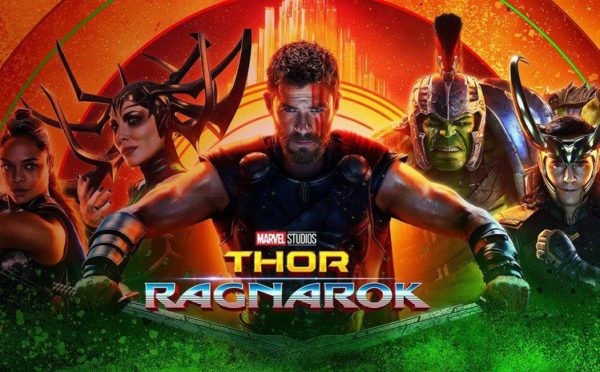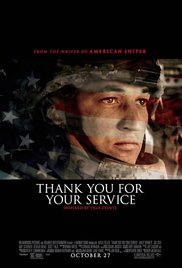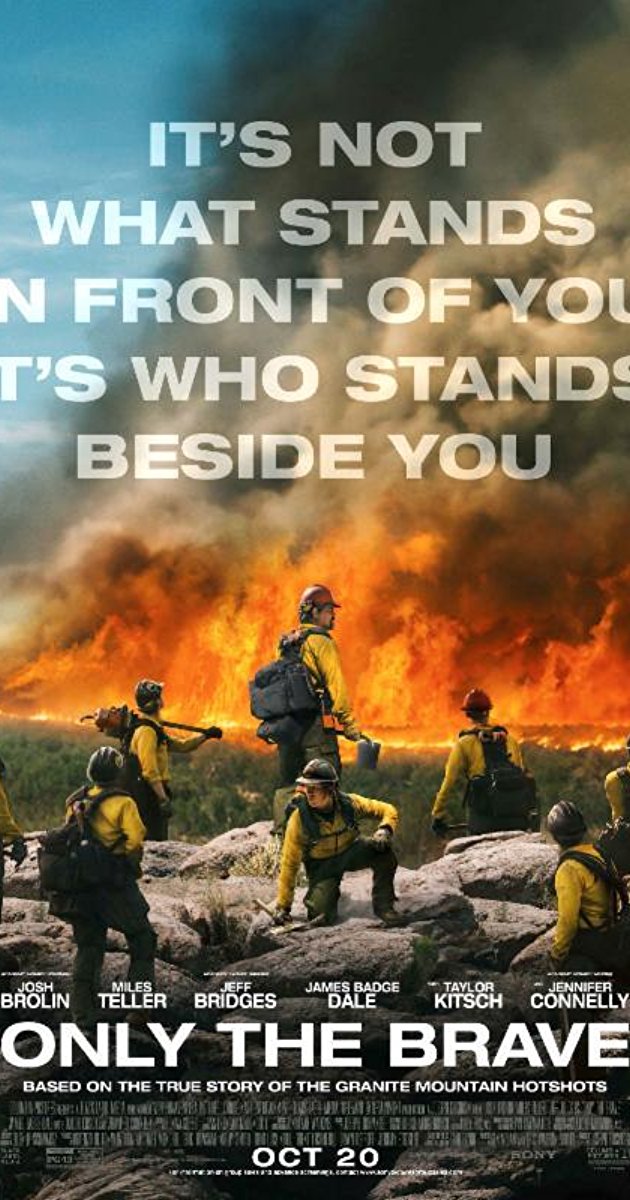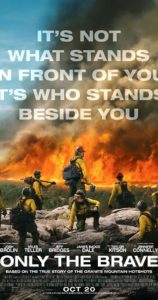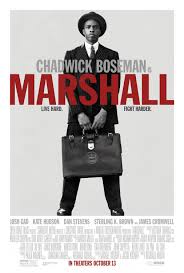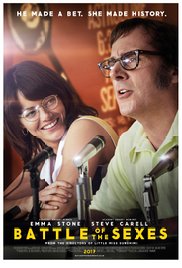Thor: Ragnarock
Posted on November 2, 2017 at 10:14 pm
A-| Lowest Recommended Age: | Middle School |
| MPAA Rating: | Rated PG-13 for intense sequences of sci-fi violence and action, and brief suggestive material |
| Profanity: | Some strong language |
| Alcohol/ Drugs: | Drinking and drunkenness |
| Violence/ Scariness: | Extended comic book fantasy peril and violence |
| Diversity Issues: | None |
| Date Released to Theaters: | November 3, 2017 |
| Date Released to DVD: | March 5, 2018 |

Waititi, with a script by Eric Pearson, Craig Kyle, and Christopher Yost, has taken one of the most serious of the Avengers, with only Chris Hemsworth’s imperishable charm keeping him just this side of wooden, and made use of his fellow antipodean’s true superpower, which is that he is a superb comic actor.
What does Thor have going for him? He has his dad, the king of the gods, Odin (Sir Anthony Hopkins), his home, Asgard, his strength, his hair, his divinity, his confidence, and his hammer. He loses most of that pretty quickly, and stripped down Thor suddenly becomes a much more relatable character, more deserving of our support because he actually seems to need it. You might even say down to earth, except that earth does not really come into it this time.
“I know what you’re thinking,” Thor begins. “Oh, no, Thor is in a cage.” He’s not talking to us, and finding out who he is telling his story to is the first hint we get that we are operating in a slightly cracked universe. But then, reassuringly, Thor does his Thor thing and gets himself out of a big mess with endless panache.
And then things go wrong. The Goddess of Death (Cate Blanchett) turns up to crush his hammer in her hands. She intends to take over Asgard and there does not seem to be anything he can do about it. He ends up on a planet that is essentially a junk pile, where he is discovered by scavengers. “Are you a fighter or are you food?” they ask him. Before they can gobble him up, he is captured by another scavenger (a terrific Tessa Thompson), who turns out to have a connection to Asgard. But she sells him to the Grandmaster (a glam Jeff Goldblum), who runs a lucrative gladiator show for galactic fans. Waiting to go to battle in the arena, Thor meets the movie’s most endearing character, a rock creature named Korg, played by Waititi himself. And then Thor sees his opponent in the battle to the death: his old Avenger buddy Hulk (Mark Ruffalo). We may love seeing the Avengers join together to take on the bad guys, but we love seeing them fight each other, too, and the Thor/Hulk fight is a smash. Literally.
Loki is there, too, I’m happy to say, and I only wish that someday he will have a movie of his own. Tom Hiddleston’s silky bad boy admits at one point that his loyalties shift moment to moment, and his mercurial impishness is perfectly calibrated. Despite her best efforts, Blanchett’s villain is not nearly as interesting as the other characters, and the resolution does not have the emotional weight that it does in the comics. But she barely diminishes the sheer fun of this film and I hope Marvel keeps Waititi on the roster for as many of these as he is willing to take on.
NOTE: Stay through the credits for TWO extra scenes!
Parents should know that this is a superhero movie with a lot of peril and action-style fantasy violence and some disturbing images, some alcohol, and some strong language.
Family discussion: What does Loki want? Which Avenger would you most like to be? What makes someone significant?
If you like this, try: “Guardians of the Galaxy” and the Avengers movies

